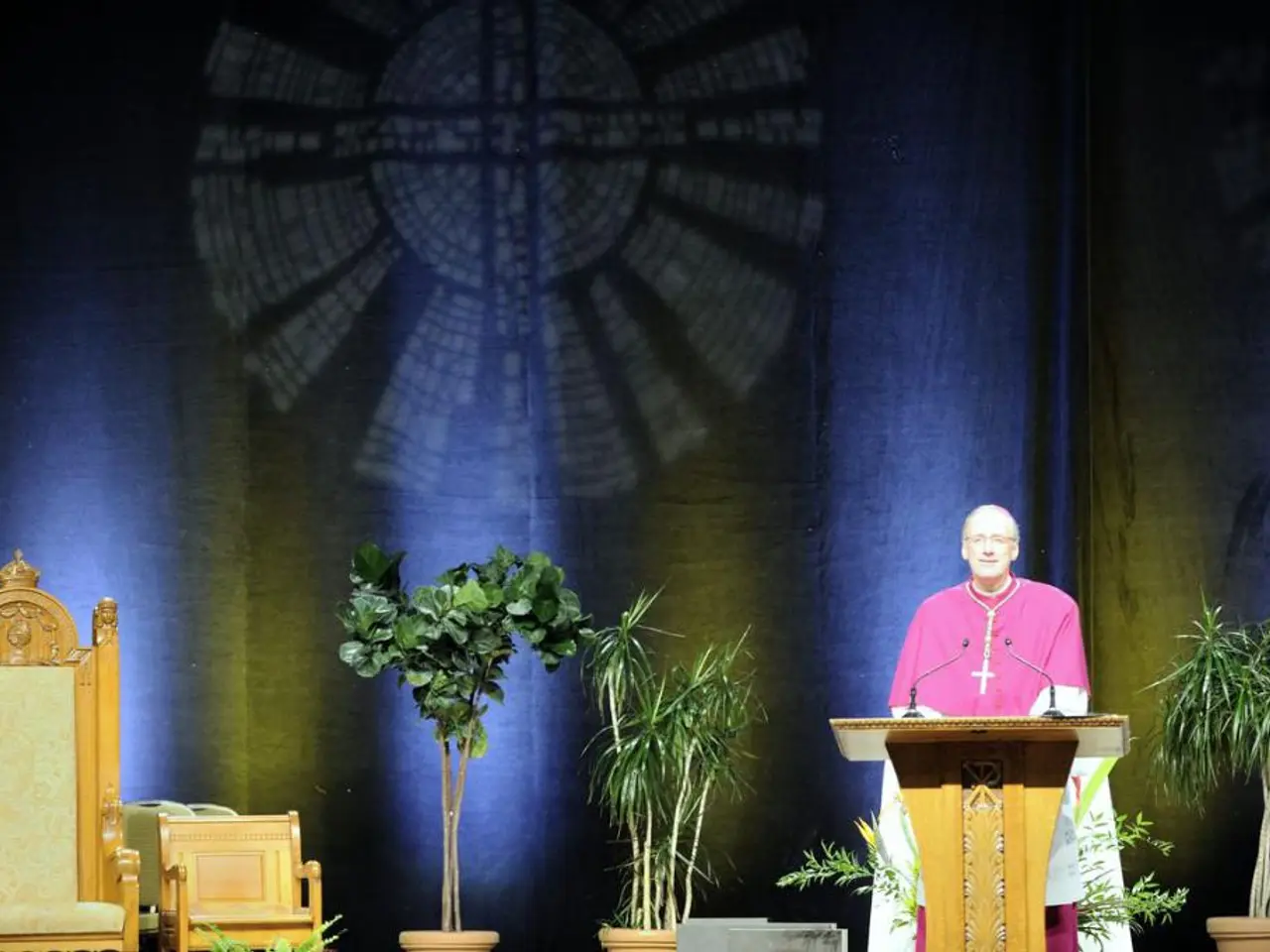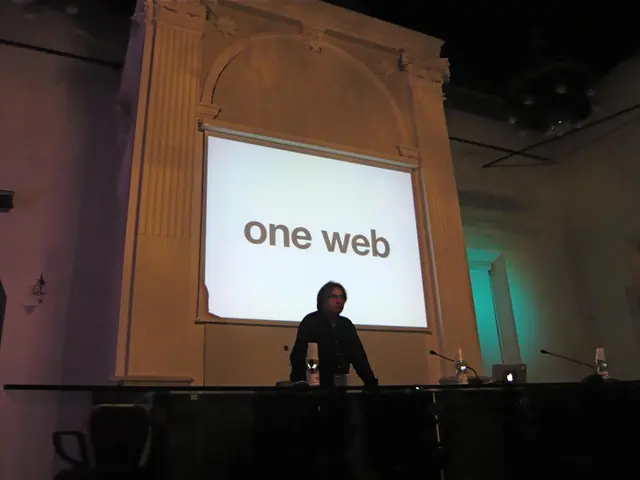International threats indicate potential damage to nuclear inspections collaboration with the United Nations' nuclear monitoring agency as a consequence of Iran's reinstated sanctions.
In a significant development, Iran has announced that future cooperation with the International Atomic Energy Agency (IAEA) will take a new form, following the European powers' decision to trigger a mechanism reimposing sanctions under the 2015 nuclear deal.
This move by the E3, comprising of Britain, France, and Germany, has been met with strong words from Iranian Foreign Minister Abbas Araghchi, who called on the three countries to "appropriately correct this wrong decision in the coming days." Araghchi did not specify what measures Iran might take in response to the E3's decision.
In a statement, Araghchi's ministry noted that Iran will take measures to protect and guarantee its national rights and interests in response to the E3's decision. Kazem Gharibabadi, Iran's deputy foreign minister, added that if the snapback was triggered, the path of interaction with the IAEA could be affected and may stop.
The snapback, which reactivates UN sanctions under the 2015 Iran nuclear deal, was initiated due to Iran's continued non-compliance with its commitments under the agreement. The decision comes just days after Iranian and European diplomats held talks in Geneva, marking the second such meeting since the 12-day war between Iran and Israel this year.
The nuclear talks between Tehran and Washington, which began in April with the aim of reaching a deal to replace the failed 2015 accord, have been halted. The 12-day war between Iran and Israel this year was not mentioned as a direct cause for the halted nuclear talks, but it is implied as a factor in the broader context.
In a positive development, IAEA inspectors have returned to Iran to oversee fuel replacement operations at the key nuclear facility in Bushehr. The return of IAEA inspectors marks the first visit since Iran suspended cooperation with the agency over the agency's failure to condemn the Israeli and US strikes.
The article does not provide new information about the measures that Iran might take in response to the E3's decision, but it does indicate that the snapback could have an impact on Iran's interaction with the IAEA. Iran has previously warned that such a move could lead to the exclusion of the European powers from any future negotiations on Iran's nuclear program.
In conclusion, the E3's decision to trigger the snapback mechanism has escalated tensions between Iran and the European powers, with Iran responding by suspending cooperation with the IAEA and threatening further action. The situation remains fluid, and it remains to be seen how both parties will navigate this complex geopolitical landscape.








